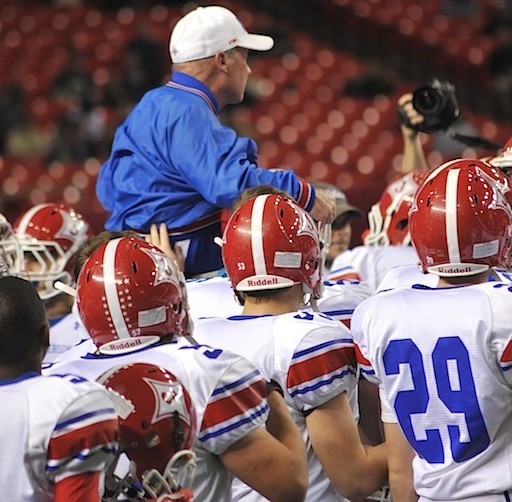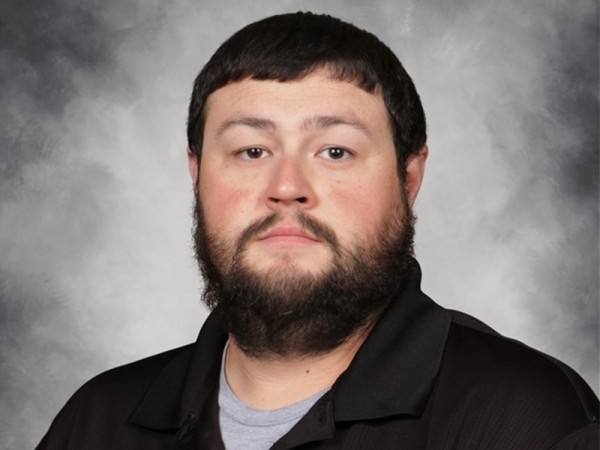ATLANTA - High school parents from rural Georgia who complain their children have to travel hours to compete in athletics are pushing for legislation that would set more flexibility in the state's sports regions.
The measure would allow schools to switch regions if they have opponents more than 100 miles away in the region assigned to them by the Georgia High School Association.
``We've got to travel all over God's creation,'' said Bob Morgan, a local radio sports announcer in Jesup who does play-by-play for the Wayne County Yellow Jackets. ``Kids will be leaving school early to make the games and getting back at 2, 3 in the morning. And then they're supposed to go to school in the morning? That's absurd.''
The long-distance commutes are caused by Georgia's elaborate classification system for competitions involving the 390 high schools in the association.
Schools are sorted into five classes, based on enrollment, and they can't choose to play a smaller school just because it's nearby. That means that large schools in rural areas often must travel hours to meet an opponent.
The road trips can be draining for students and parents. Some schools complain they draw just a handful of fans at away games because they're so far away. Lawmakers say the trips are hurting the quality of education.
``If you load a child up on a bus and drive four hours to a game, sometimes you have to take 'em out of school to do it, and that's not what they're in school for,'' said Rep. Hinson Mosley, D-Jesup, who sponsored the bill. ``It's not good for them physically or mentally.''
The complaints are nothing new for the Georgia High School Association, which at times comes under more fire than the Legislature for decisions it makes about sports schedules.
The association even has a legislative liaison, and Director Ralph Swearngin is known to travel to the Capitol from the association's headquarters in Thomaston to keep tabs on lawmakers who want to tinker with high school sports rules.
Swearngin, a seasoned negotiator, knows people take high school sports seriously. He also knows he can't do anything about a population shift that makes the association's regions in south Georgia stretched more by the year.
``Here's the problem: The growth rates are higher in selected parts of the state,'' said Swearngin, who steered the association through a controversial realignment just last year.
``The high schools that are opening, the high schools that are growing, are mostly in north Georgia and mostly in metro Atlanta,'' he said. ``So for south Georgia, the large high schools there are getting fewer and farther apart. And that's not going to change.''
Geography is already kept in mind when drawing regions, Swearngin said, which is why some have just five schools and others have 15 schools. And high schools already have the option to play bigger high schools so they can stay near home, they just can't play smaller ones. It's not clear how Mosley's bill would address that.
``We would love to find a way for people to play schools their same size that are right close to them. Unfortunately that's not possible,'' Swearngin said.
Lawmakers from south Georgia insist that if the association won't change its rules, they'll step in and change the rules for them. Democratic Rep. Chuck Sims of Douglas said schools need more flexibility to avoid crisscrossing the state for games.
``If you've got one large county in southeast or southwest Georgia, and you've got to travel all the way to Macon or Savannah to play ball, the cost is just amazing,'' Sims said. ``We've got high schools that can't afford to bring the band to football games, it costs so much to get them there.''
The issue is especially heated in rural areas where the high school sports are the biggest draw in town.
``It's a burden on the kids, on the coaches, on the school system,'' said Morgan, the radio announcer. ``It just takes away about the whole fan base. It's so sad for the kids.''
Saturday
July 5th, 2025
2:57PM
















